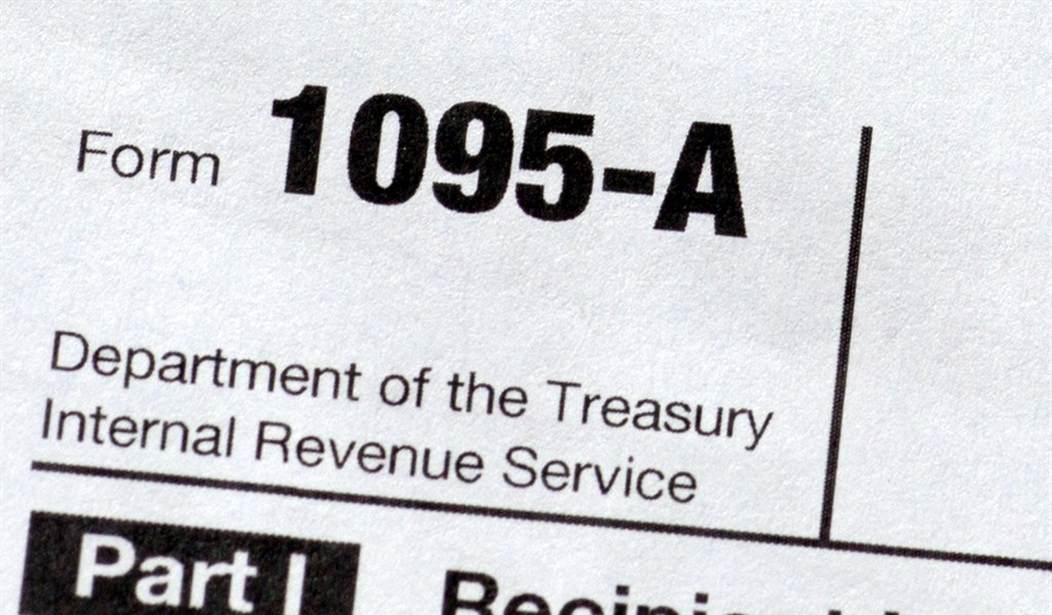In describing the GOP tax cuts, House Minority Leader Nancy Pelosi said that they and bonuses American workers were getting were "crumbs." They were "tax cuts for the rich." Some argued that the tax cuts would reduce revenues. Pelosi predicted, "This thing will explode the deficit." How about some tax facts?
The argument that tax cuts reduce federal revenues can be disposed of quite easily. According to the Congressional Budget Office, revenues from federal income taxes were $76 billion higher in the first half of this year than they were in the first half of 2017. The Treasury Department says it expects that federal revenues will continue to exceed last year's for the rest of 2018. Despite record federal revenues, 2018 will see a massive deficit, perhaps topping $1 trillion. Our massive deficit is a result not of tax cuts but of profligate congressional spending that outruns rising tax revenues. Grossly false statements about tax cuts' reducing revenue should be put to rest in the wake of federal revenue increases seen with tax cuts during the Kennedy, Reagan and Trump administrations.
A very disturbing and mostly ignored issue is how absence of skin in the game negatively impacts the political arena. It turns out that 45 percent of American households, nearly 78 million individuals, have no federal income tax obligation. That poses a serious political problem. Americans with no federal income tax obligation become natural constituencies for big-spending politicians. After all, if one doesn't pay federal income taxes, what does he care about big spending? Also, if one doesn't pay federal taxes, why should he be happy about a tax cut? What's in it for him? In fact, those with no skin in the game might see tax cuts as a threat to their handout programs.
Recommended
Whenever tax cuts are called for, it's not long before they are called tax cuts for the rich. Let's look at who pays what in federal income taxes. Using IRS data for 2015, the latest year available, the Tax Foundation reports that the top 1 percent of earners made about 21 percent of the nation's income, but their share of federal income taxes was 39 percent. They paid more in income taxes than the bottom 90 percent, who paid 29.4 percent of federal income taxes (http://tinyurl.com/y7t4ljv8).
In 2015, the top 50 percent of taxpayers paid 97.2 percent of all individual income taxes. Also, the top 1 percent had an income tax rate of 27 percent, while the bottom 50 percent had a tax rate of less than 4 percent. It turns out that 892,420 households -- out of roughly 34 million total households -- paid 39 percent of federal taxes that year. Most Americans have little or no federal income tax obligation, so how in the world is it possible to give a tax cut to them?
Another part of the Trump tax cuts was with corporate income -- lowering the rate from 35 percent to 21 percent. That, too, has been condemned by the left as a tax cut for the rich. But corporations do not pay taxes. Why? Corporations are legal fictions. Only people pay taxes. If a tax is levied on a corporation, it will have one or more of the following responses in order to remain in business. It will raise the price of its product, lower its dividends to shareholders and/or lay off workers. Thus, only flesh-and-blood people pay taxes. We can think of corporations as tax collectors. Politicians love our ignorance about this. They suggest that corporations, not people, will be taxed. Here's how to see through this charade: Suppose a politician told you, as a homeowner, "I'm not going to tax you. I'm going to tax your land." I hope you wouldn't fall for that jive. Land doesn't pay taxes.
Getting back to skin in the game, sometimes I wonder whether one should be allowed in the game if he doesn't have any skin in it.

























Join the conversation as a VIP Member